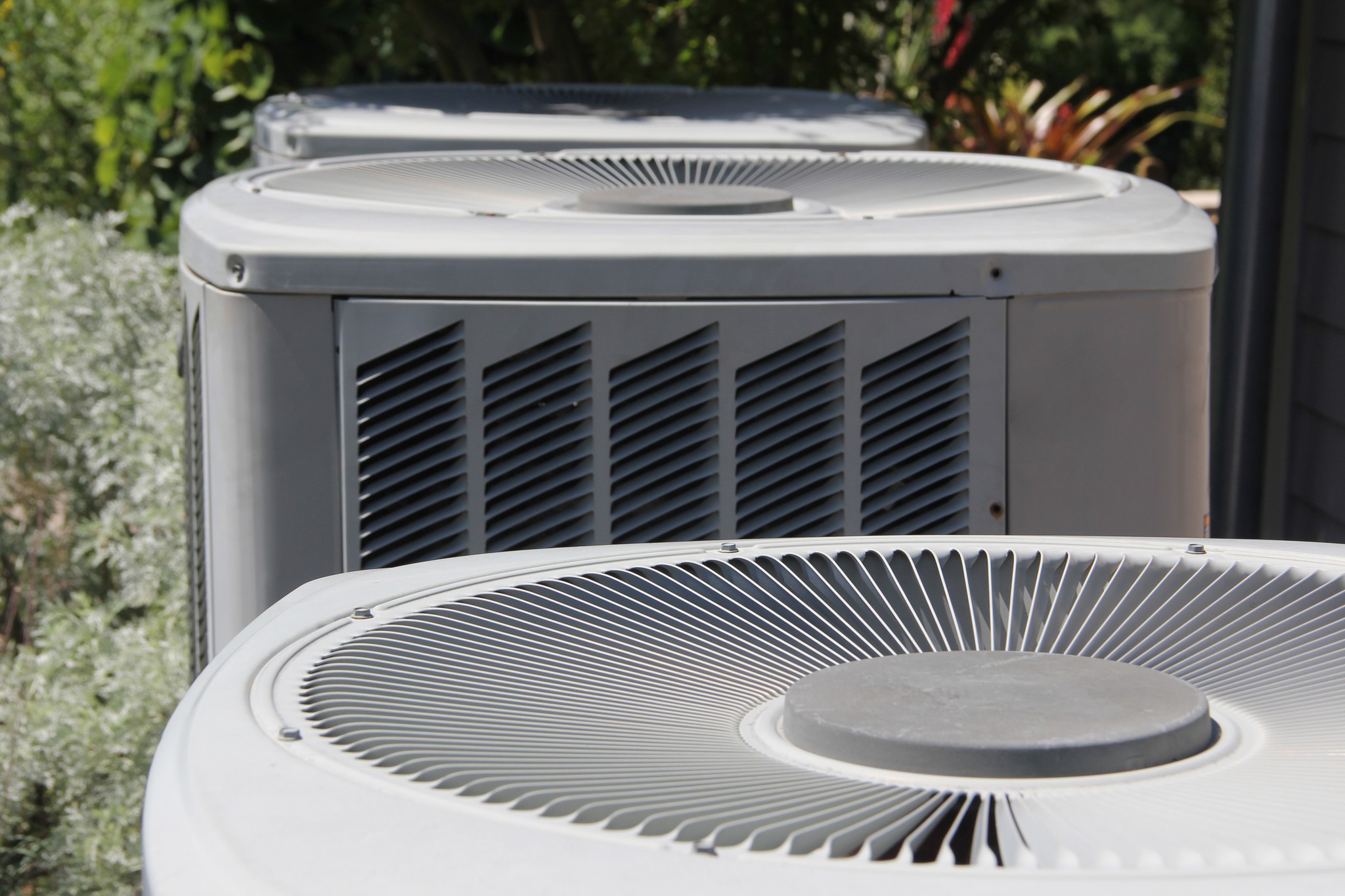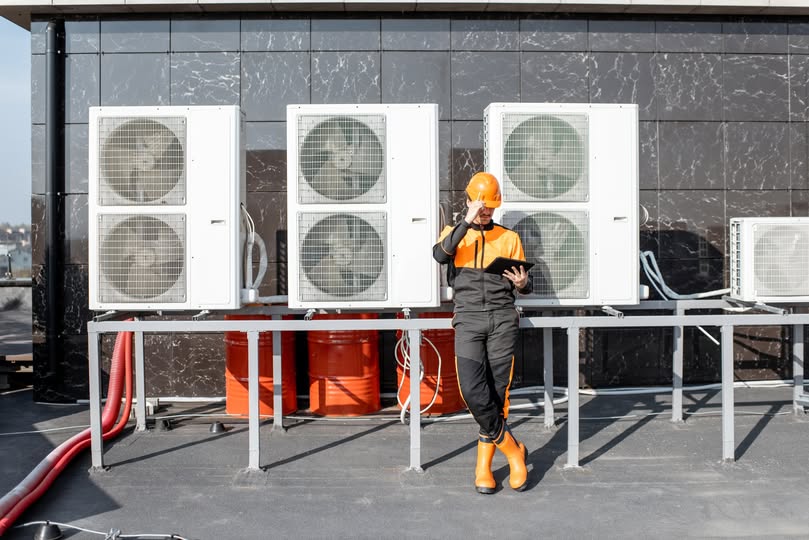As the chill of winter fades away and the warmth of spring begins to fill the air, it's the perfect time to think about your HVAC system's maintenance needs. Investing in a spring HVAC maintenance agreement can offer numerous benefits that extend beyond just ensuring your system runs smoothly.
First and foremost, regular maintenance helps to keep your HVAC system operating efficiently. A well-maintained system consumes less energy, leading to lower utility bills. By cleaning and inspecting key components, technicians can identify any issues early on, preventing costly breakdowns and repairs down the line.
Moreover, spring maintenance ensures optimal indoor air quality. Dust, debris, and pollutants can accumulate within your HVAC system over time, diminishing air quality and potentially aggravating respiratory issues. Routine maintenance includes cleaning and replacing filters, as well as thorough inspections to keep the air in your home fresh and healthy.
Additionally, a spring maintenance agreement often includes priority service in case of emergencies. With summer looming and temperatures rising, the last thing you want is for your AC to fail on the hottest day of the year. By scheduling maintenance in advance, you can have peace of mind knowing that your system is prepared to handle the demands of the season.
Furthermore, regular maintenance extends the lifespan of your HVAC system. Just like any other mechanical equipment, your heating and cooling system require care and attention to function at their best for years to come. By investing in a maintenance agreement, you're investing in the longevity of your HVAC system and avoiding premature replacements.
In conclusion, spring HVAC maintenance agreements offer a host of benefits, including improved efficiency, better indoor air quality, priority service, and increased longevity for your system. Don't wait until something goes wrong – schedule your maintenance appointment today and enjoy a comfortable and worry-free spring and summer season.



